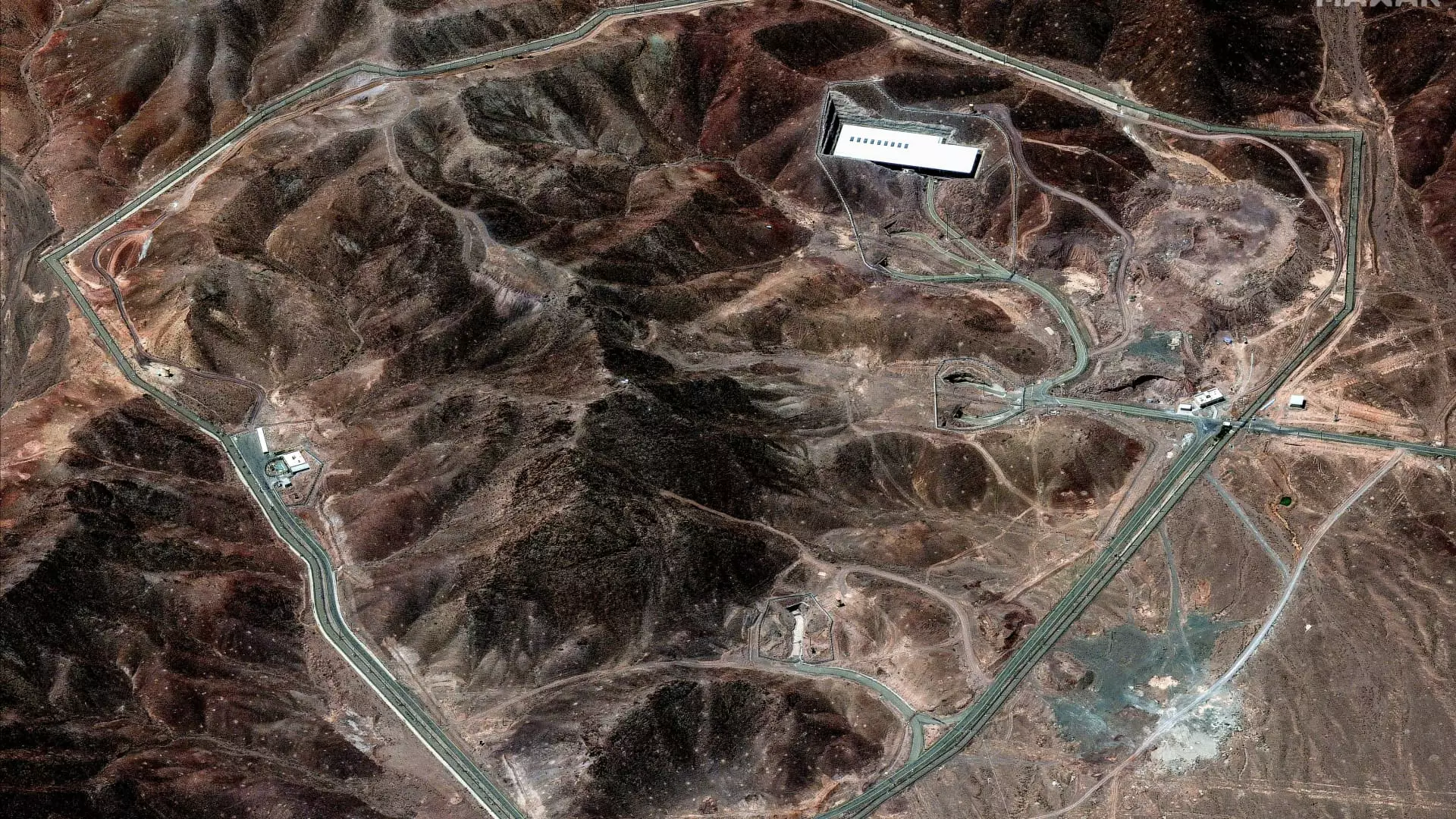In a surprising revelation, U.S. intelligence has contradicted a prior narrative suggesting that Iran had successfully relocated crucial nuclear materials from its clandestine Fordo facility prior to an intense American airstrike. Oklahoma Senator Markwayne Mullin’s assertions that “our intelligence report says they didn’t” raise alarming questions about the coherence and reliability of intelligence gathering. This discrepancy unveils a deeper issue: the persistent fog of misinformation that envelops military operations. The implications of such deceptive intelligence could extend far beyond U.S.-Iran relations and affect the geopolitical landscape for years to come.
In a world rich with competing narratives, it is vital to scrutinize the sources of our information meticulously. The absence of concrete evidence backing claims made by Israeli officials that Iran had moved uranium and equipment presents serious concerns. It paints a troubling picture of intelligence that could either fail to account for crucial movements or, worse, intentionally mislead. A responsible government must ensure that the information provided to the public—and to decision-makers—is rooted in facts, not speculation or exaggeration.
The Perception of Invincibility: Did We Really Blindside Fordo?
According to Senator Mullin, it appears that U.S. military operations have indeed “severely damaged, if not completely destroyed” Iran’s nuclear capabilities. However, this raises critical discussions about the perceived invulnerability of military targets. Mullin’s remarkable confidence in the effectiveness of the attack—asserting that the Fordo facility’s subterranean defenses were not as impenetrable as they seemed—hints at a paradigm shift in military strategy. What once appeared to be an impregnable stronghold could indeed be prone to destruction, yet the consequences of underestimating enemy capabilities can be catastrophic.
The reverberations of this revelation stretch far and wide, echoing in the corridors of power from Tehran to Washington D.C. It is a reminder that while we might celebrate tactical victories, we cannot ignore the inherent risks involved. The belief in American military efficacy must always be tempered with caution, especially when dealing with adversaries known for their strategic cunning and commitment to resilience.
The Enduring Threat of Nuclear Proliferation
As Mullin reiterated, “we will not allow Iran, the world’s sponsor of terror, to have a nuclear weapon any way whatsoever.” This decisive rhetoric underscores the intensified urgency to mitigate nuclear threats worldwide. Yet, while seeking to dismantle Iran’s nuclear ambitions, one must ask: is military intervention truly the most effective pathway toward a safer world? The fallout—both figurative and literal—from aggressive military actions is multifaceted and often leads to increased hostilities, entrenchment of adversarial sentiments, and, ironically, more urgency for nuclear development as a means of deterrence.
Engagement through dialogue with ally nations and diplomatic channels should always be prioritized over the military option. While it’s tempting for some to see airstrikes as a straightforward solution, history has turned its back on such simplistic problem-solving. The reality is that fostering dialogues can pave the way for comprehensive measures and future-proof solutions that benefit not just regional stability but also promote global peace.
The Unchecked Power of Executive Action
Mullin’s remarks concerning U.S. military engagement—and President Trump’s unilateral decision to conduct airstrikes without congressional authorization—highlight the troubling trend of presidential overreach in matters of war. No country should walk into conflicts without rigorous oversight and accountability. As citizens of a democracy, we must insist on greater engagement from our elected representatives in decisions that could lead to military escalation.
The fallout from these actions can reshape international relations and affect countless lives across borders. Continued U.S. military involvement should be debated thoroughly within legislative chambers, ensuring that actions are guided by a collective conscience rather than executive whims. In our quest for national security, we must not lose sight of the imperative to act in our constituents’ best interests, advocating for a comprehensive, informed approach that addresses underlying issues rather than merely reacting to threats.
Ultimately, the complexities of military engagement require us to examine not just our tactics but our broader approach to international relations. If we remain short-sighted, we risk entrenching cycles of violence and instability that spiral beyond our control.


Leave a Reply